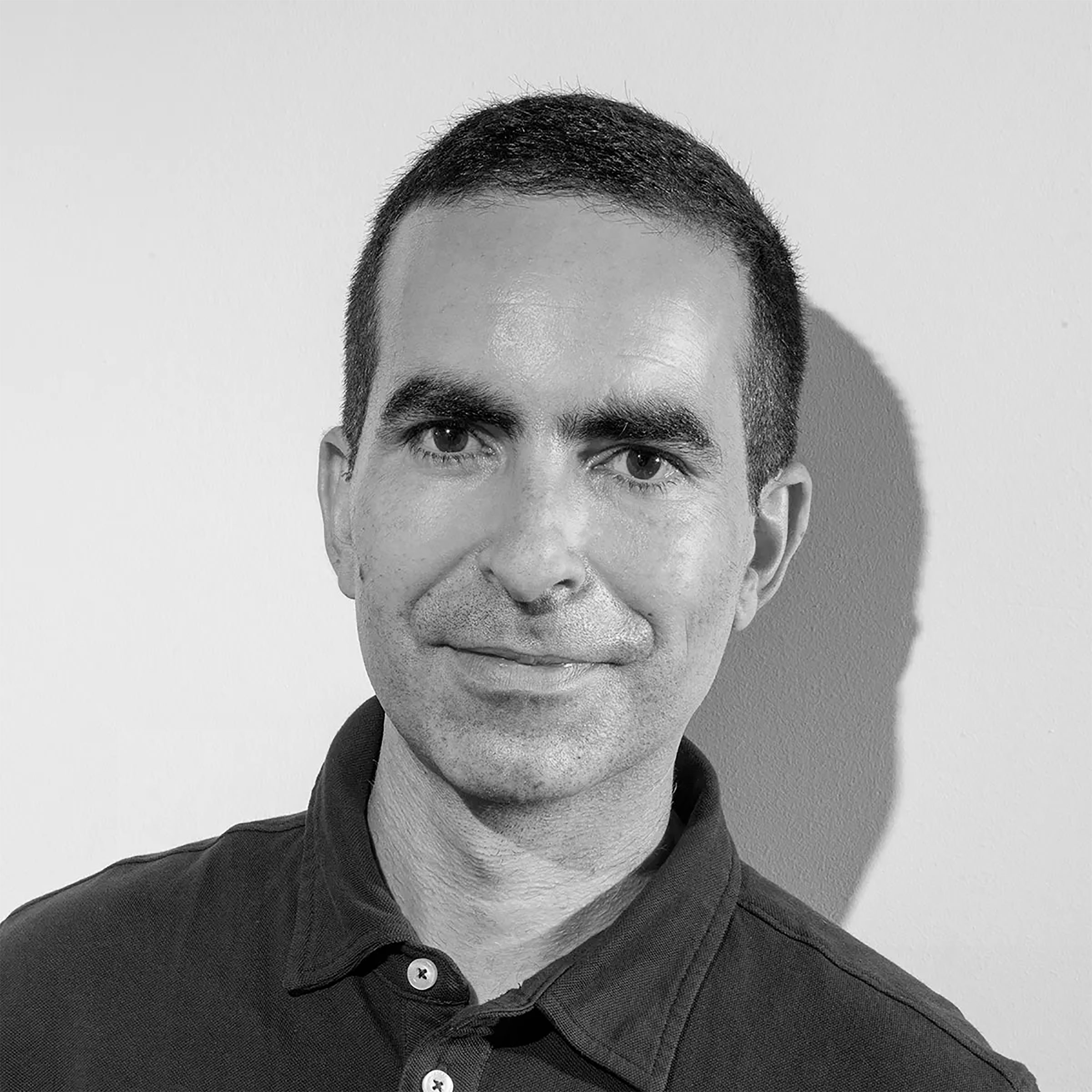For an industry that trades on newness, tech can be remarkably staid. Many of the big players are headquartered in a Northern California valley, and world-changing innovations are often produced by goliaths like Apple and Google. In just a decade, however, decision-making AI company InstaDeep has challenged that status quo. Led by co-founder and CEO Karim Beguir, the company set up shop in Tunis, far from the Bay Area’s tech bubble. InstaDeep also operates in a complex domain: deep tech, meaning it is creating novel technology through its own scientific and engineering innovations. The company builds AI systems that can make decisions for businesses, which could have applications from identifying the most promising drug candidates to test, to optimizing an electric grid for energy efficiency.
InstaDeep’s work not only demonstrates how far AI has come, but also signals the kind of world such technology might create. In founding the company 10 years ago, Beguir—a mathematician who had previously worked in finance—says he set out to “prove that deep tech innovation is possible” in the developing world by publishing AI research, creating new algorithms, and deploying it practically—all with a team largely based in Africa.
Today, InstaDeep’s efforts hint at the fields AI could most reshape, ranging from a paper on protein binding—which is relevant for drug discovery—to research on robotics with Google’s DeepMind. The company has moved its headquarters to London, but maintains a substantial presence in Africa, including offices in Cape Town, Lagos and Tunis. In 2022, it unveiled an AI-based program with BioNTech which can identify COVID-19 virus variants of concern two months earlier, on average. Subsequently, in July 2023, BioNTech acquired InstaDeep for $680 million.
It's little surprise, then, that Beguir is so attuned to the breadth of AI’s potential. While ChatGPT’s conversational capabilities awed people around the world, he is focused on developing technologies that can serve a wider range of purposes and industries. One promising area is transportation. InstaDeep is working on a project in Germany that aims to use AI to plan train routes, and reschedule them when service is disrupted. The goal, according to German national railway Deutsche Bahn AG, is to ultimately create a nationwide system that can efficiently address delays and operate more trains.
“This Is a very exciting time where a business that focuses on AI and invests in the technology can have [disproportionate] outcomes,” says Beguir. “A critical part of making sure AI is going to be beneficial for economies, and not just for the few which are at the forefront of its development, is to have many businesses adopt AI.” In particular, he says, AI could unlock major economic opportunities for the developing world. But if a diverse group of businesses don't take advantage of AI’s growth, they might then become dependent on technology created in other countries. As some experts have warned, AI that is built by a predominantly white, male and Western workforce runs the risk of embedding biases, such as by failing to create AI that doesn’t operate well in languages millions of people speak.
For this reason, Beguir believes it is essential for people all across the world to help shape the developing technology, to ensure it will better serve their communities and minimize the potential for bias. For InstaDeep, that includes fostering efforts to build the first natural language processing models for languages from Nigeria and Tunisia. Beguir also argues that getting local communities involved in building AI is especially important. He’s worked as a Google For Startups Accelerator mentor, and is a steering committee member for Deep Learning Indaba, an organization which builds community around machine learning in Africa. InstaDeep has opened an outpost in Kigali, Rwanda, to tap into more young talent in the region.
“If we want to avoid dependencies, and if we want to avoid a rise of inequalities—because this is one of the major risks with artificial intelligence—what is important is that multiple communities all across the world, actually appropriate the technology and learn how to use it for their own needs,” says Beguir. He hopes InstaDeep’s success and the growing global recognition has shown it is possible for a large, innovative company with a sizable presence in Africa to “build a bridge” to tech hubs in other parts of the world—thus encouraging more investment in similar startups. The company was able to grow so rapidly since its 2014 founding in part because of the interest and engagement from local talent, says Beguir.
“I do believe things change when you see positive examples of success, positive examples of what creativity, innovation can bring to the table, that inspires you to go and build,” says Beguir. “That’s the future I’m fighting for.”
This profile is published as a part of TIME’s TIME100 Impact Awards initiative, which recognizes leaders from across the world who are driving change in their communities and industries. The next TIME100 Impact Awards ceremony will be held on Feb. 11 in Dubai.
- Cybersecurity Experts Are Sounding the Alarm on DOGE
- Meet the 2025 Women of the Year
- The Harsh Truth About Disability Inclusion
- Why Do More Young Adults Have Cancer?
- Colman Domingo Leads With Radical Love
- How to Get Better at Doing Things Alone
- Michelle Zauner Stares Down the Darkness
